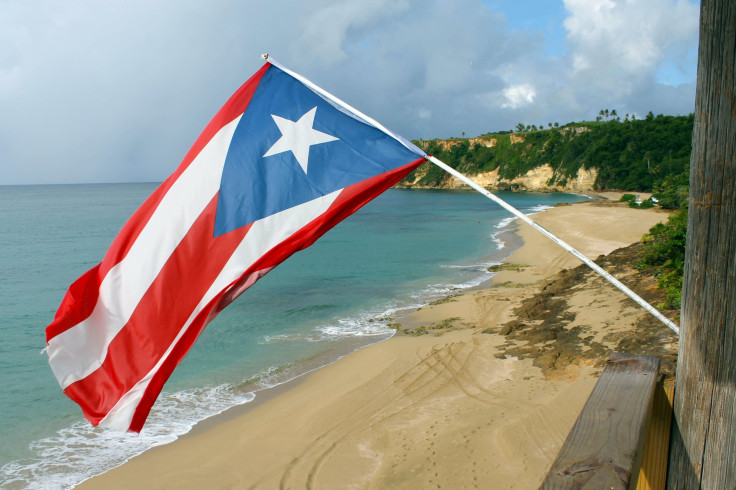
SEATTLE - Experts say that Puerto Ricans living in the United States could play a key role on tilting the scales one way or another for federal, local and state elections. According to estimates from the 2020 U.S. Census, there were about 5.8 million Puerto Ricans living in the United States, with Florida overtaking New York as the state with the largest 'boricua' population. Data from 2020 says that Puerto Ricans make up 21% of the Hispanic population in Florida with more than 1,190,000 residents.
In 1940, 88% of all Puerto Ricans living in the continental U.S. lived in New York, but since then, there has been a more even distribution among states. After Hurricane Maria hit the island in 2017, an estimated 200,000 Puerto Ricans left the island and moved to states like North Carolina, Georgia and Florida.
With a larger Puerto Rican population in places considered as "swing states," Jorge Duany, professor of anthropology at Florida International University, says that "given their rapid growth and that they can more easily cast a vote, they could tilt the scales one way or another" in federal, local or state elections.
Historically, Puerto Rican voters living in the mainland have voted for the Democratic Party and, while living outside of the island, they are now eligible to vote for president as they couldn't do it back home as Puerto Rico is not part of the electoral college.
Despite the growing numbers of Puerto Ricans living in the U.S., turnout has been inconsistent and experts argue that is partly because new generations are less civically engaged since they grew up without participating directly in federal elections. The creation of groups like La Brega y Fuerza Fund seek to create awareness of issues important to Puerto Ricans on the island and across the United States.
"We want to lift the voices of Puerto Rican voters and issues that matter to them, so they get to the forefront ... and elected officials and others really understand their importance," founder Camille Rivera told Axios Latino.
A recent survey from La Brega y Fuerza Fund, in a partnership along with data and research firm IZQ Strategies, found that there is a strong alignment between people currently living on the island and those living in the United States on many socio-economic issues.
One of those findings was that Puerto Rican voters support a minimum wage of $15 an hour, Medicare for All, and taxing millionaires at a similar rate to the U.S. to help pay Puerto Rico's remaining debt. Both groups also showed support for abortion rights and a ceasefire in Gaza, among other issues.
During the 2020 presidential election, both Trump and Biden targeted Puerto Rico as a way to sway the more than 5 million Puerto Ricans living in the United States with hopes that the support bounces back to swing states such as Florida.
"Puerto Ricans are always in contact. Why? Because whether you're one of 3 million on the island or 5 million somewhere else, you're part of one community. If you are born in Puerto Rico, it will be part of your life until the last day," said Carlos Suárez in 2020, a political science professor at the University of Florida, who served 26 years in Congress.
© 2025 Latin Times. All rights reserved. Do not reproduce without permission.





